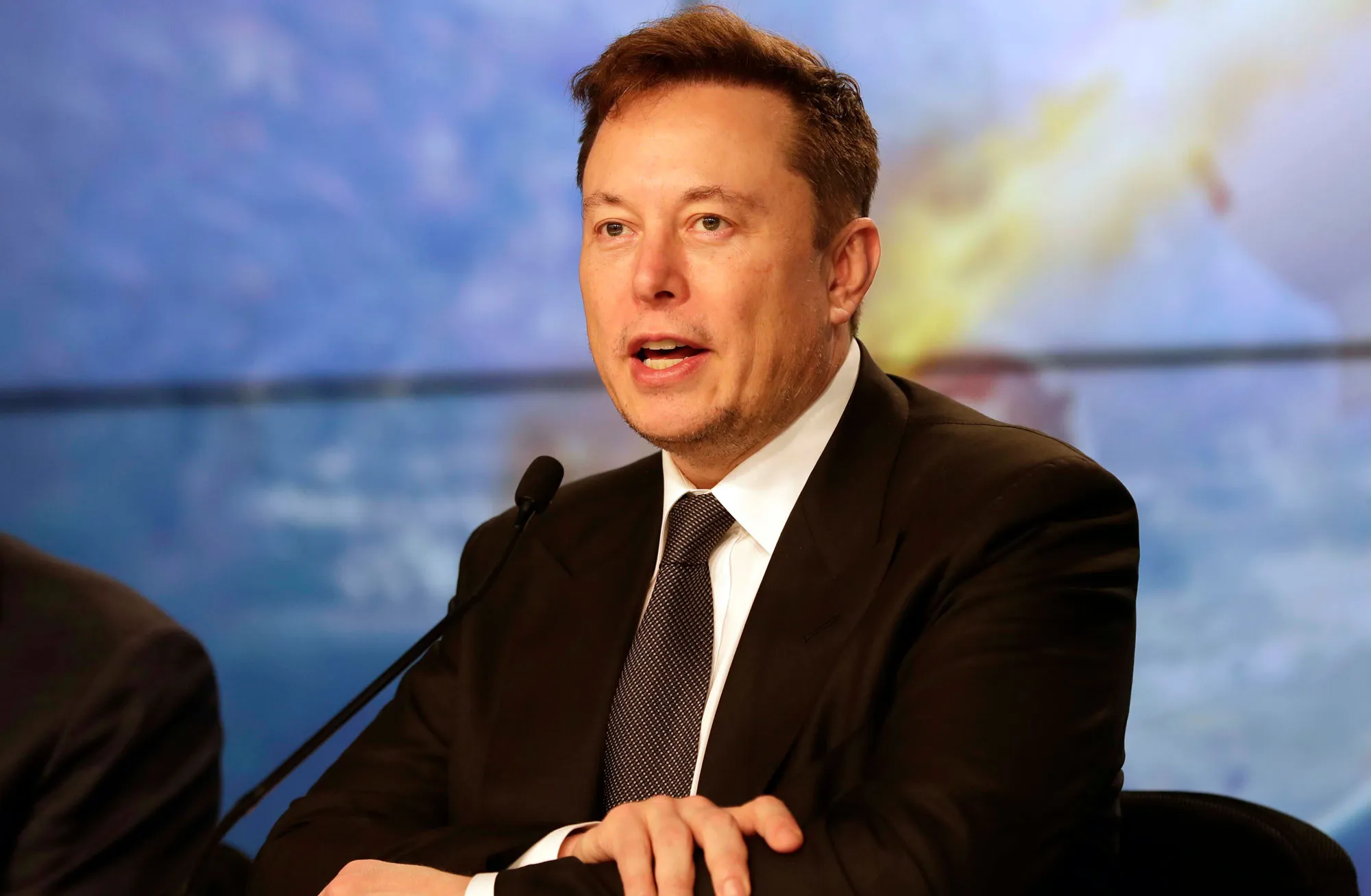Video Link: Elon Musk Interview on AI and Space Exploration
Introduction
The AI surpasses human intelligence, which is a topic of both excitement and concern. As AI continues to evolve, it raises questions about its impact on society and humanity’s place in the technological landscape. This introduction explores the promises and challenges of AI, focusing on its potential to outthink humans and the need for ethical and responsible development.
Summary
In this interview, Elon Musk, CEO of Tesla and SpaceX, discusses his vision for the future of artificial intelligence and space exploration. He talks about the potential benefits and risks of AI, the importance of making life multi-planetary, and the progress SpaceX is making towards these goals.

AI Key Takeaways
- AI Safety and Regulation: Musk emphasizes the need for regulation and oversight in AI development to ensure it benefits humanity.
- Mars Colonization: He outlines SpaceX’s plans for colonizing Mars, highlighting the importance of becoming a multi-planetary species.
- Sustainable Energy: Musk discusses Tesla’s role in promoting sustainable energy through electric vehicles and solar energy solutions.
- Innovation and Risk: He reflects on the importance of taking risks and pushing the boundaries of innovation to achieve significant advancements.
Q&A About AI
- Q: What are your thoughts on the potential dangers of AI?
- A: AI poses both incredible opportunities and significant risks. It’s crucial to have regulatory oversight to ensure it develops safely and benefits humanity.
- Q: Why is colonizing Mars important to you?
- A: Making life multi-planetary is essential for the survival of humanity in case of a catastrophic event on Earth. It also inspires innovation and pushes technological boundaries.
- Q: How does Tesla contribute to a sustainable future?
- A: Tesla’s mission is to accelerate the world’s transition to sustainable energy through electric vehicles, solar energy, and energy storage solutions.
- Consciousness and Its Scientific Understanding
- Q: Can AI surpass human-level intelligence?
- A: AI’s future capabilities include surpassing human intelligence, requiring careful safety measures and regulatory oversight. The potential for merging human and digital intelligence offers both benefits and risks.
- Q: How does Neuralink aim to improve human understanding of the brain?
- A: Neuralink aims to develop brain-computer interfaces to treat diseases and enhance human potential. The technology promises to revolutionize healthcare and enhance human potential.
- Q: What is the singularity, and what are its potential outcomes?
- A: The singularity could result in drastic changes to human civilization, with both positive and negative possibilities. Musk emphasizes the importance of addressing existential risks posed by AI.
- Q: What stage is Tesla at in achieving full autonomy?
- A: Tesla’s autopilot has made significant strides in achieving full autonomy, particularly on highways. The technology is expected to transform transportation and contribute to the broader understanding of AI capabilities.
Conclusion
AI’s future as a tool for human advancement hinges on responsible development and ethical considerations. While AI’s potential to outthink humans is awe-inspiring, it requires careful oversight to ensure safety and prevent existential risks. The merging of human and digital intelligence promises breakthroughs in understanding and treating neurobiological diseases, but it also raises questions about the nature of consciousness and the future of humanity. Ultimately, the path forward involves navigating the complex interplay between AI’s capabilities, ethical considerations, and the potential for human enhancement.
